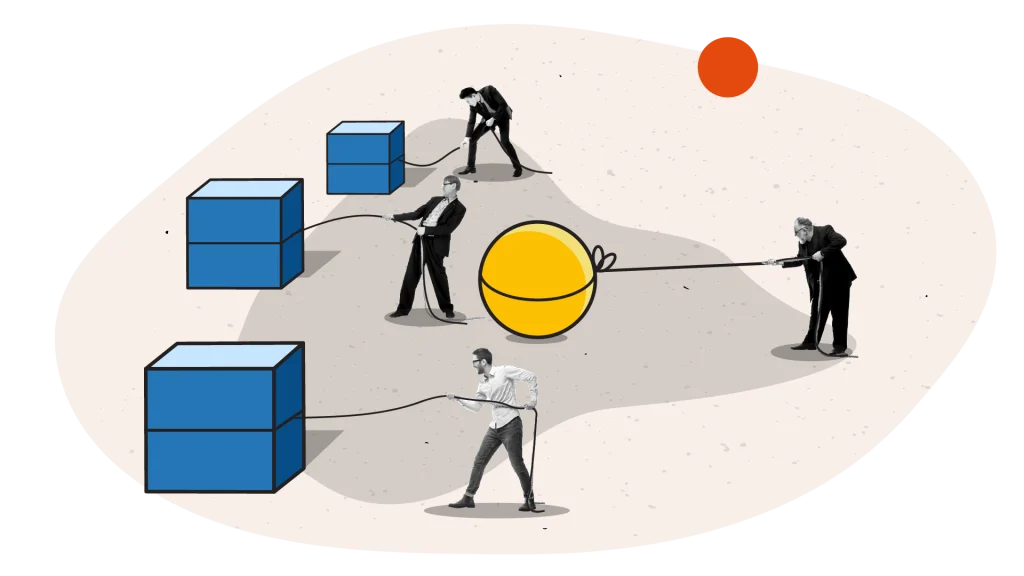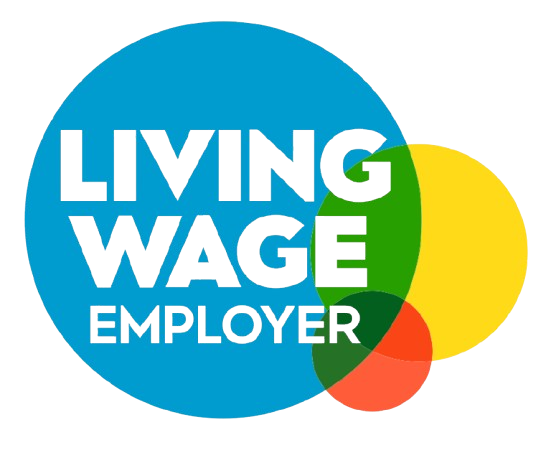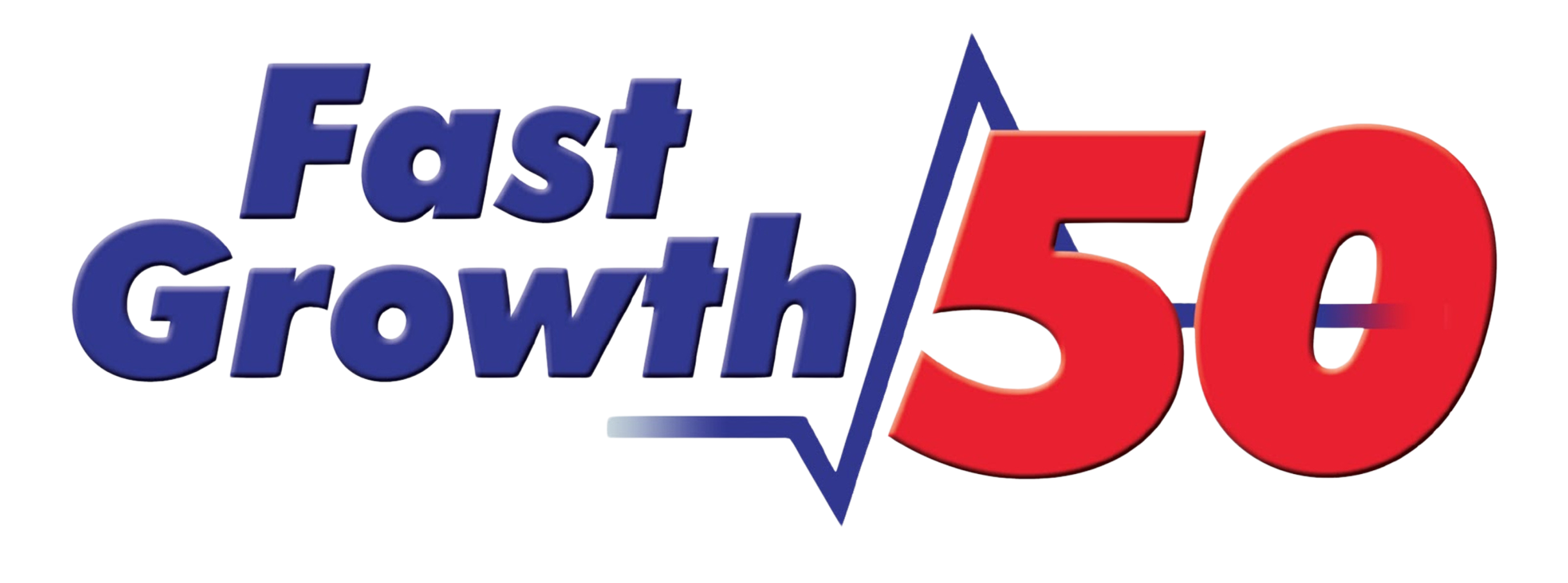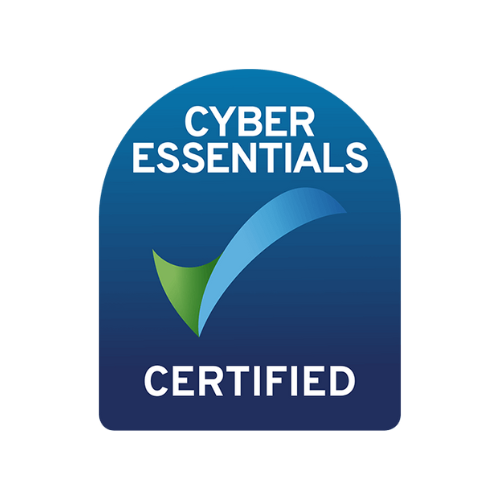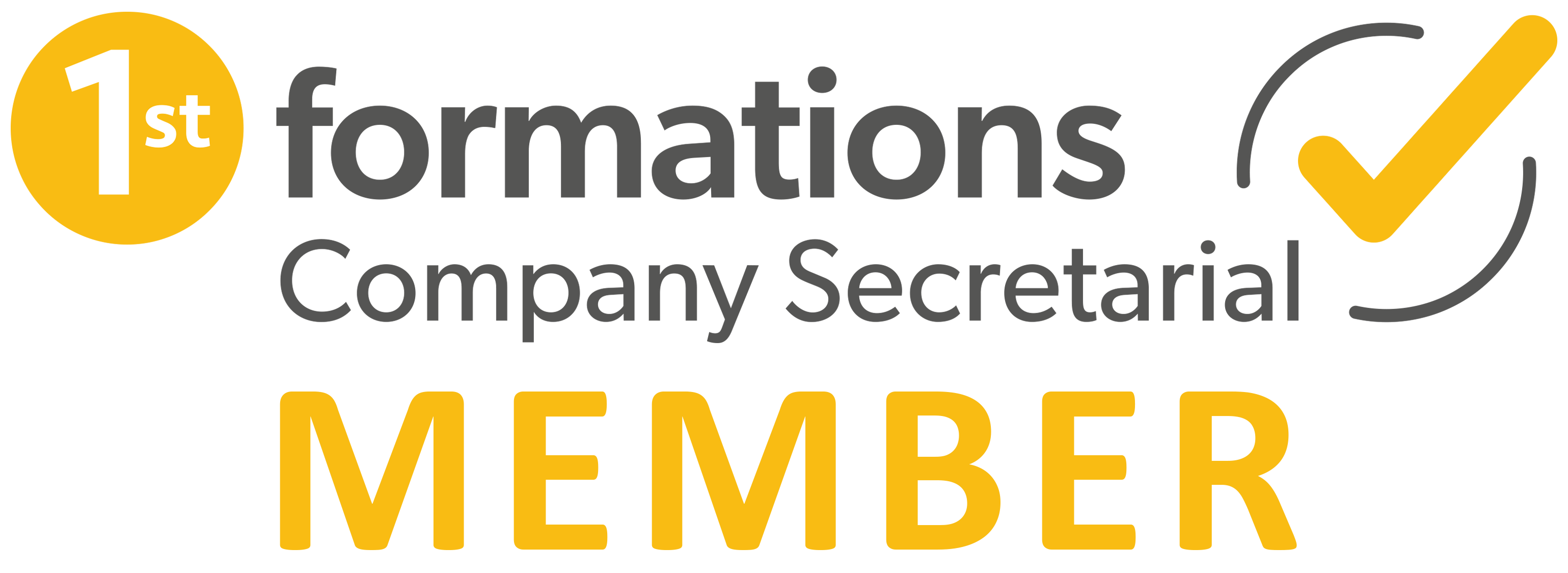News & Insights
While procurement might not be the sexiest part of running an organisation, it is a necessary part to get right. In an ever-changing world, making sure that you are making the most of your organisation’s resources is more critical than ever. Our 2buy2 experts and thought leaders help you stay ahead of the infinite game.

